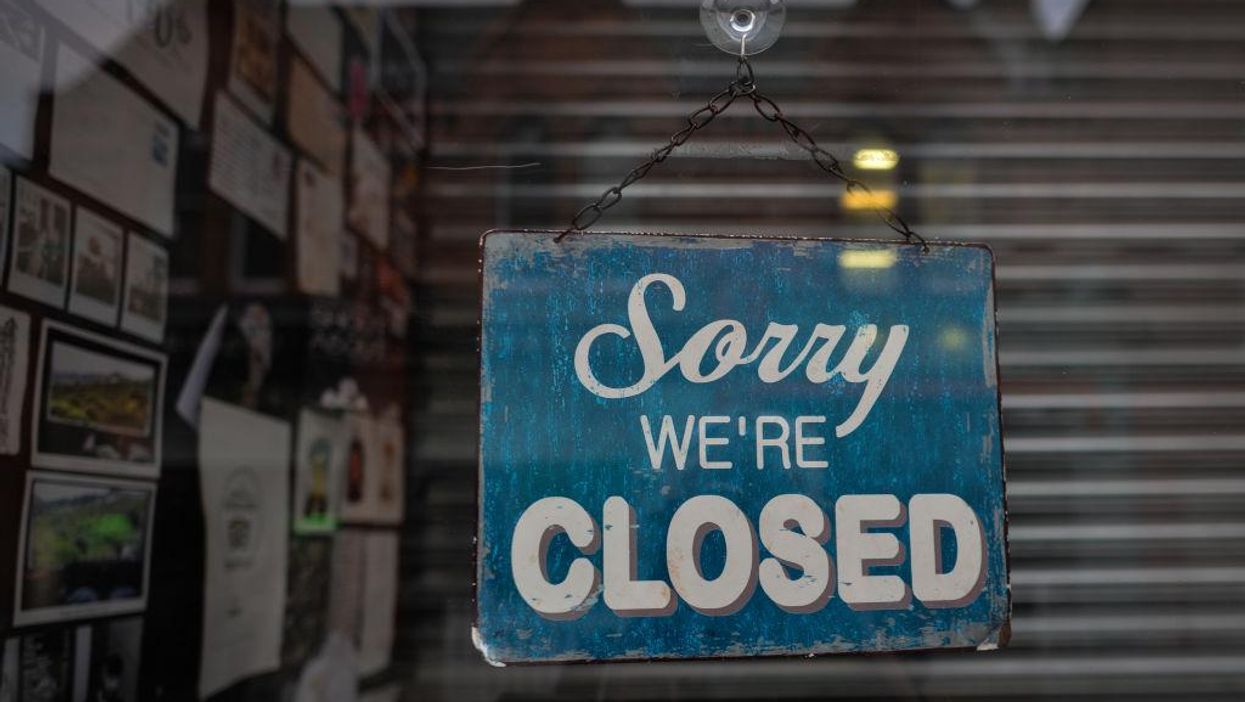
Artur Widak/NurPhoto via Getty Images

Adding weight to the theory that extended virus-related unemployment benefits have directly contributed to a labor shortage, a survey published this week found that almost 2 million workers turned down job offers during the pandemic in favor of collecting unemployment.
The Morning Consult reported Wednesday that an estimated 1.8 million Americans rejected job offers over the past year due specifically to the generosity of federal and state unemployment benefits — which ranged from $300-$900 a week over the course of the pandemic.
The results were based on a survey conducted June 22-25 of a representative sample of 5,000 U.S. adults who are actively collecting unemployment.
Unemployment benefits contributed to more than 1 in 10 unemployment insurance recipients rejecting a job offer during the pandemic. https://bit.ly/3B20nRr\u00a0 #economy #unemploymentpic.twitter.com/NP30Z8VZhs— Morning Consult (@Morning Consult) 1626290874
Of the 5,000 respondents surveyed, just under one-third of them reported turning down a job offer during the pandemic. Then, responding to a follow-up question, 45% of those who turned down a job offer said they did so due to the generosity of the unemployment benefits.
In all, Morning Consult extrapolated that of the 14.1 million Americans who received unemployment the week ending June 19, 13% — or 1.8 million — turned down jobs in favor of unemployment.
Others cited child care obligations (13.8%), health limitations (13%), and the pandemic (13%) generally as reasons for turning down jobs.
Following less-than-stellar jobs reports in April and May, 26 states decided to cut their statewide unemployment benefits early hoping to incentivize Americans to return to the workforce.
But President Joe Biden in May argued that the benefits were not the reason for the labor shortage, insisting that anyone collecting unemployment insurance was liable to lose their benefits should they turn down a job. That evidently was not entirely true.
Emergency federal unemployment benefits offered and later extended under coronavirus relief packages are officially set to expire in September. But economists with Morning Consult warned that the policy's termination doesn't necessarily mean millions of people will automatically reenter the labor market.
"Getting people to move from relying on unemployment insurance to wage income doesn't just automatically happen," the group's chief economist, John Leer, told Axios. "There's going to be some searching and matching frictions at work."
Those workers will need to, however, if America's sluggish economy is to make a full recovery from the pandemic. Yet even if all 1.8 million do reenter the workforce, the U.S. economy will still be roughly 4.7 million jobs short of where it was in February 2020 before the pandemic started.